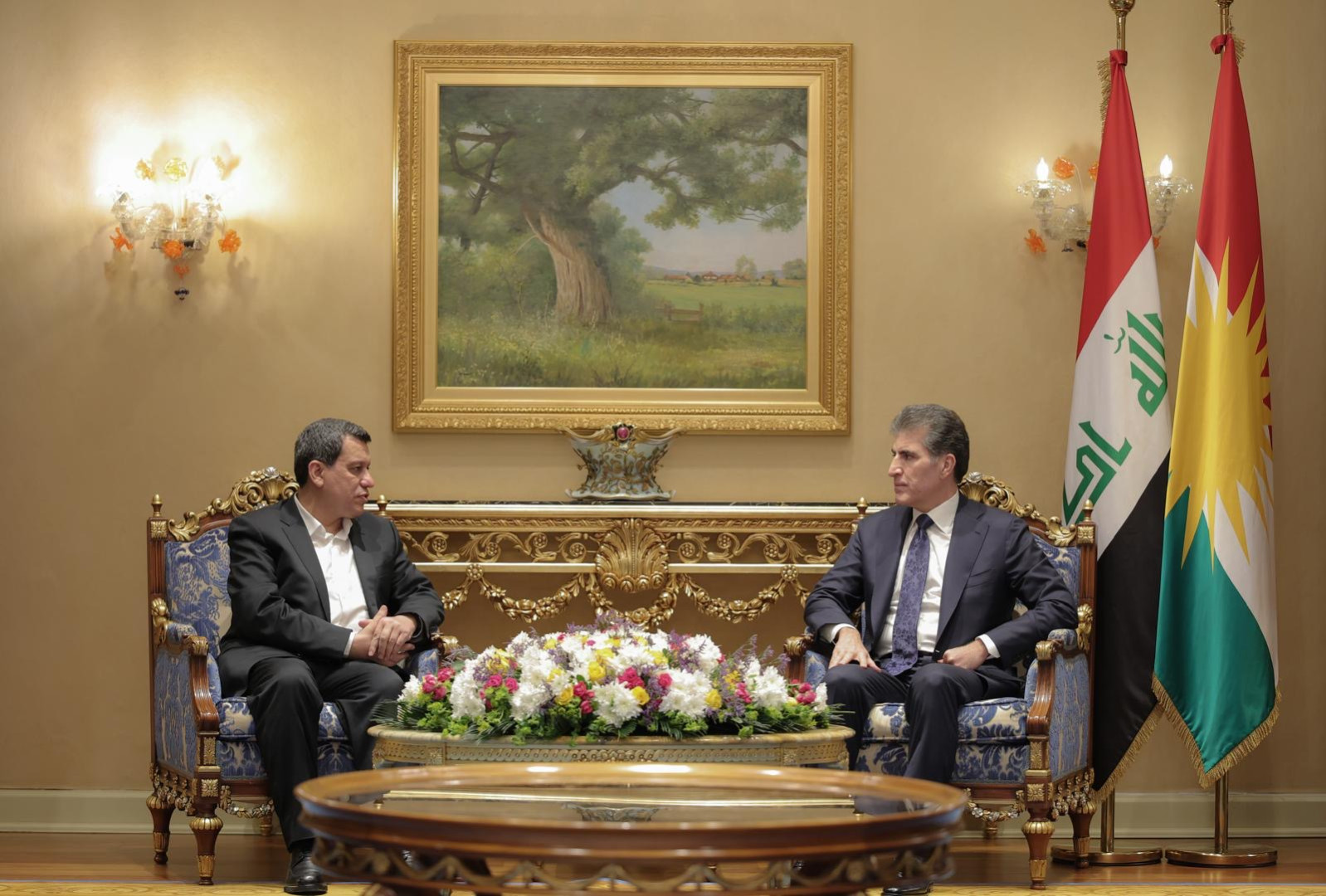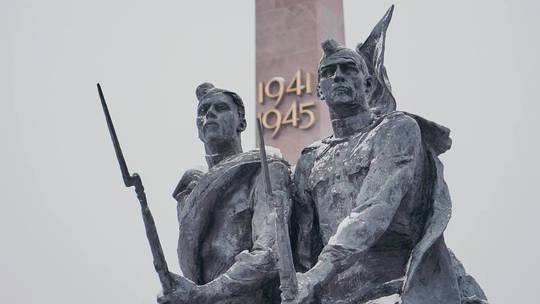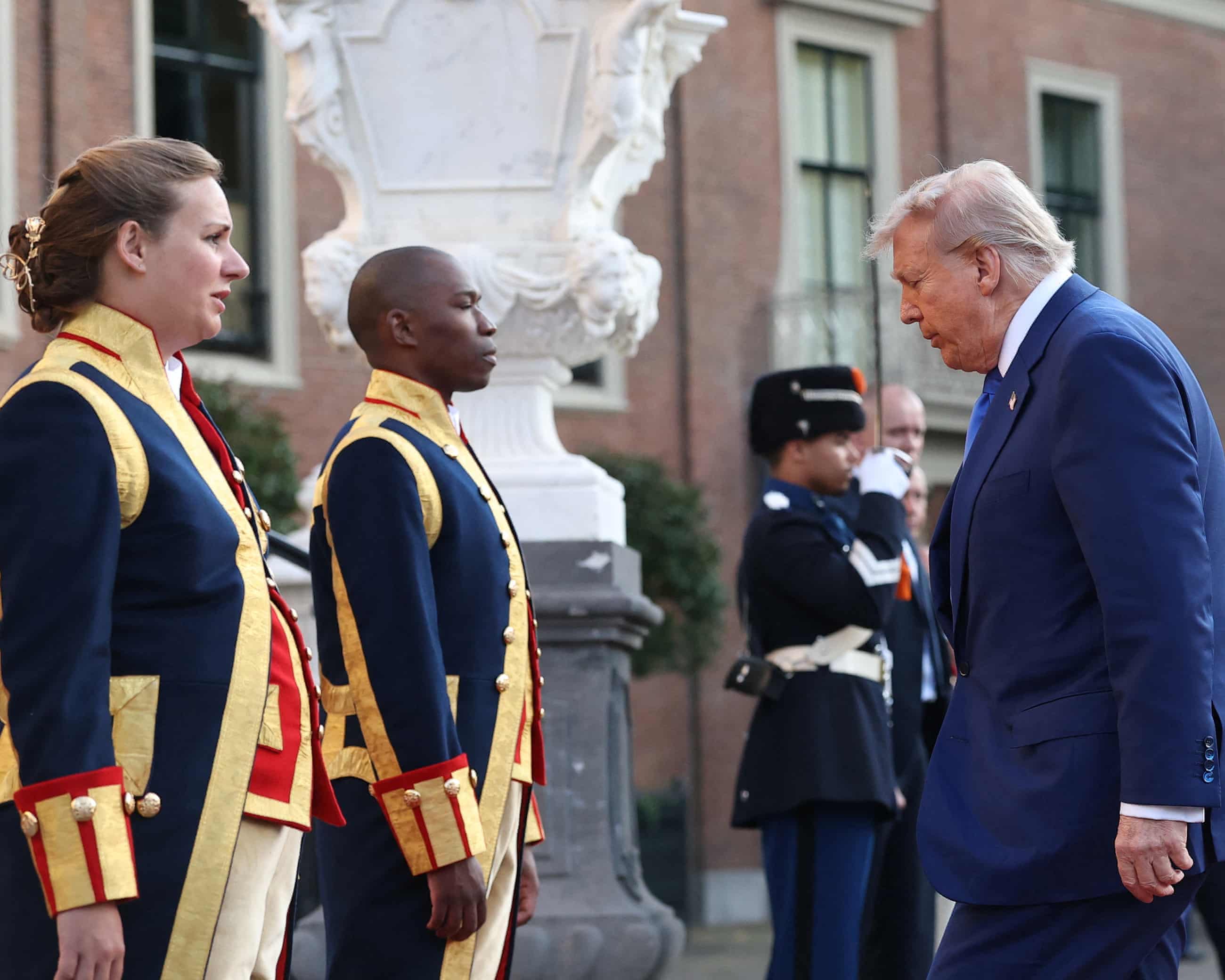Bolivia ends socialist rule and shuffles Right as Rodrigo Paz wins presidency
Worst economic crisis in a generation helped propel the end of nearly two decades of Leftist government

Centrist Rodrigo Paz has won Bolivia’s presidential runoff, defeating conservative rival Jorge “Tuto” Quiroga, as the country’s worst economic crisis in a generation helped propel the end of nearly two decades of Leftist rule.
Mr Paz, a senator from the Christian Democratic Party, won 54.6 per cent of the vote, ahead of Mr Quiroga’s 45.4 per cent, according to early results on Monday morning. But the new president did not win a majority, forcing him to forge alliances to govern effectively.
The win marks a historic shift for the South American country which has been governed almost continuously since 2006 by Bolivia’s Movement to Socialism, or MAS, which once enjoyed overwhelming support from the country’s indigenous majority.
Mr Paz’s moderate platform — pledging to maintain social programs while promoting private sector-led growth — appeared to resonate with Left-leaning voters wary of the Right’s proposed austerity measures but disillusioned by the ruling MAS, founded by former President Evo Morales who has been accused of corruption and the alleged rape of a 15-year-old girl.
Bolivia’s fragile economy had also dominated the runoff campaign – once plentiful natural gas exports have plummeted, inflation is at a 40-year high and fuel is scarce. Support for MAS had cratered amid the deepening financial crisis.
Both candidates campaigned to roll back elements of the MAS era, state-led model, but differed over how drastically.
Mr Paz favoured gradual reform, including tax incentives for small businesses and regional fiscal autonomy, while Mr Quiroga proposed sweeping cuts and an IMF bailout.
“We’re going for a new stage of Bolivian democracy in the 21st century,” Mr Paz told Reuters two days before the election, speaking at his family’s ranch in the southern gas-producing region of Tarija.
He promised to “build an economy for the people”, one in which “the state is no longer going to be the central axis”.
Like his opponent, Mr Paz had also pledged to improve diplomatic ties with Western countries, including the United States, after years where Bolivia had aligned itself with Russia and China.
His campaign was boosted by his running mate Edman Lara, a former police officer known for viral TikTok videos exposing corruption. Mr Lara’s populist appeal helped Mr Paz connect with younger and working-class voters, analysts said.
Economists warned that the incoming administration faces immediate challenges, including securing fuel supplies and building coalitions in a fragmented legislature.
Outgoing hydrocarbons minister Alejandro Gallardo said last week that the state energy company was struggling to obtain foreign currency for fuel imports.
Mr Paz told Reuters he was already addressing the issue through deferred payment agreements with fuel suppliers to ensure diesel and gasoline arrive within days of his inauguration.
He said he would also begin phasing out universal fuel subsidies. Targeted support would go to vulnerable groups, while bigger industries such as agribusiness would pay market rates for fuel.
“The market will have to adjust prices, but there are sectors that will have government support until the economy is reactivated,” he said.
Bolivia’s main labour union, the Central Obrera Boliviana (COB), has previously warned that it would oppose any threats to the social and economic gains achieved so far, in a sign of the juggling act before Mr Paz’s government to avoid street protests.
Mr Paz’s PDC won 49 of 130 seats in the lower House and 16 of 36 in the Senate, just ahead of Mr Quiroga’s coalition, which secured 43 seats in the lower House and 12 in the Senate.
The new president will take office on Nov 8.
[Source: Daily Telegraph]




















































